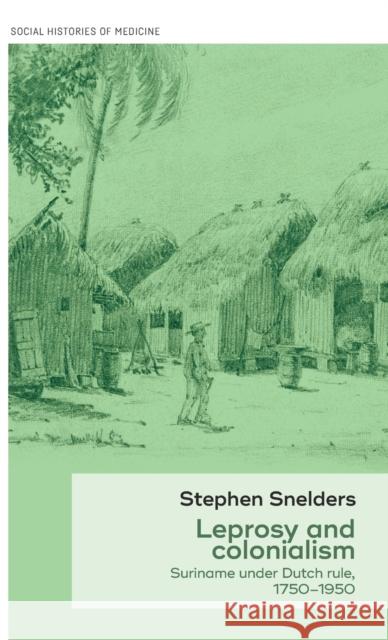Leprosy and Colonialism: Suriname Under Dutch Rule, 1750-1950 » książka
Leprosy and Colonialism: Suriname Under Dutch Rule, 1750-1950
ISBN-13: 9781526112996 / Angielski / Twarda / 2017 / 288 str.
Leprosy and colonialism investigates the history of leprosy in Suriname within the context of Dutch colonial power and racial conflict, from the plantation economy and the age of slavery to the modern colonial state. It explores the relationship between the modern stigmatization and exclusion of people affected with leprosy, and the political tensions and racial fears originating in colonial slave society. In the book colonial sources are read from both the perspective of the rulers and of the ruled. By investigating the complex reciprocities between knowledge, attitudes, and practices towards leprosy over time, the book investigates the Caribbean origins of modern framing and management of leprosy; origins that have so far been neglected in the historiography of colonial and imperial medicine.
Although leprosy is now a neglected tropical disease, its study today is vital in recognising the the influence of our colonial heritage and in exploring the perspectives of other cultures on the contemporary management of health and disease. this is in light of the current global migration movements which make the permeability of boundaries and the transmission of humans and therefore diseases, more common than perhaps ever before in human history.
The book will be of interest to students of colonial history, colonial medicine, and management of infectious disease in multi-ethnic and multi-cultural societies.











